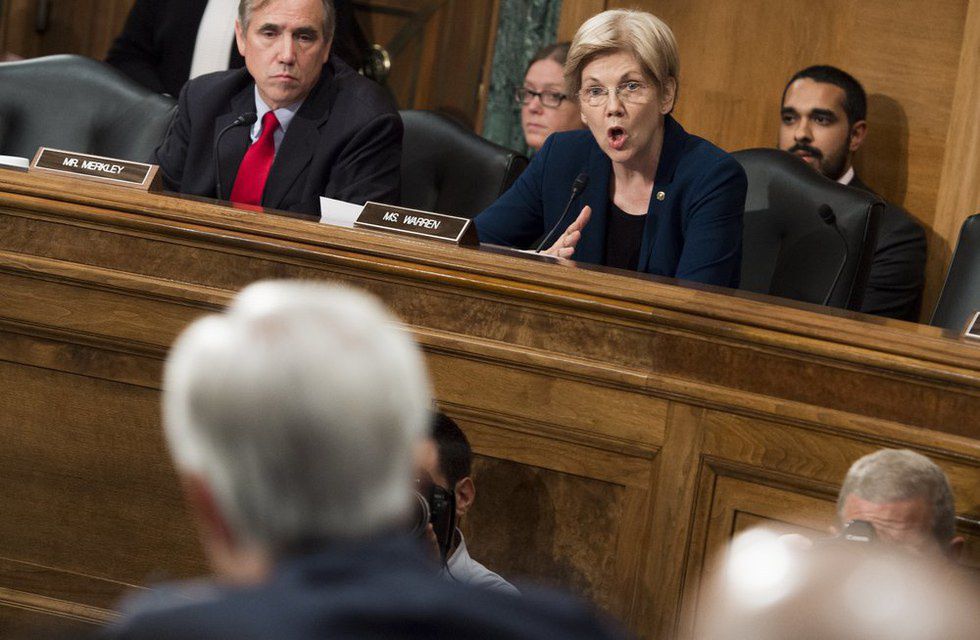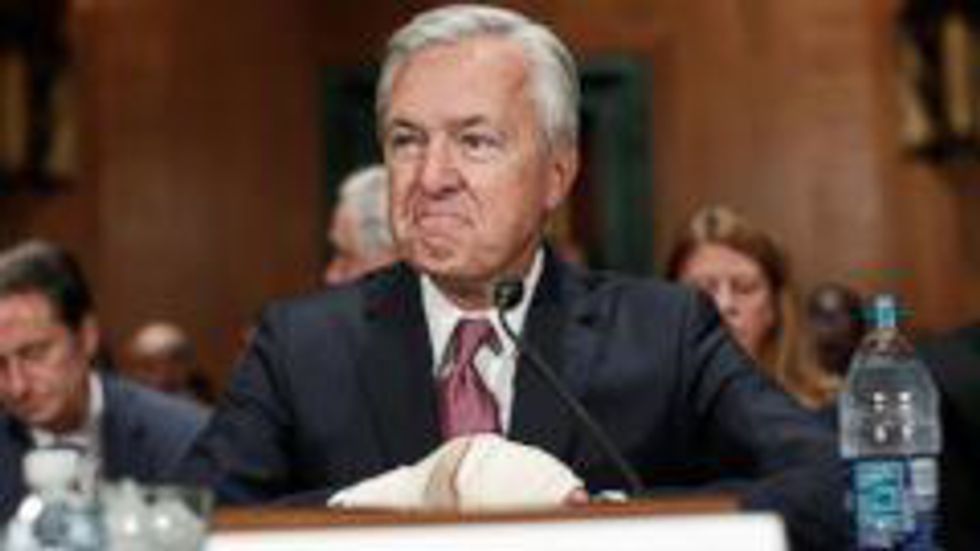Unless you live under a rock, you have probably heard the buzz surrounding Wells Fargo. Let me briefly fill you in. It was recently brought to light that over the past several years, members Wells Fargo staff employed unethical sales tactics. This includes creating fake banking accounts to meet sales quotas. Employees who complied with these activities were promoted, while the 5,300 employees since 2011 who refused to participate were released, according to CNN.
Mind you, I am not proficient in sales processes, and I am most certainly not telling anyone how to do their jobs. But, if you ask me, thousands of forged accounts does not an effective, or ethical, sales strategy make.
Wells Fargo CEO John Stumph went before the Senate, and he was compared to a bank robber and a criminal. He was called to resign by several members, he was silenced repeatedly as he tried to argue for his company, and he was verbally ripped to shreds by Senate members as he tried to defend the immoral actions taking place within the company. Needless to say, the odds were not in his favor.
He was called to resign and pay back $41 million, but he can still walk away with stock and pension accounts said to be valued at over $134 million, should he choose to retire, according to USA Today.
The fake-account scandal also propelled the state of California to retaliate against the banking giant by "suspending lucrative elements of its business relationship with San Francisco-based Wells Fargo for the next year." It is reported that California had the most damage where the scandal is concerned, according to CNN. In my opinion, California Treasurer John Chiang made the right call.
In addition to this illegal sales strategy, employees reported working overtime in a "pressure-cooker culture" without being compensated for their overtime, CNN said. This is a direct violation of the Fair Labor Standards Act. It says, "Unless exempt, employees covered by the Act must receive overtime pay for hours worked over 40 in a workweek at a rate not less than time and one-half their regular rates of pay," according to the U.S. Department of Labor. By law, these people were entitled to money they did not receive.
In a few of my classes, we have had discussions about this scandal. "What should happen to the company?" "What does this mean for Wells Fargo's many customers?" "What is going to happen now?" These were a few of the questions tossed around. So, now I will ask you. What's next? I suppose we will have to wait until the story unfolds.























